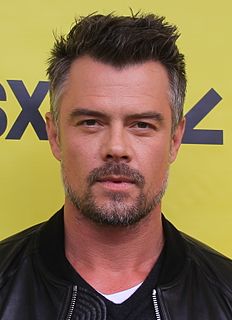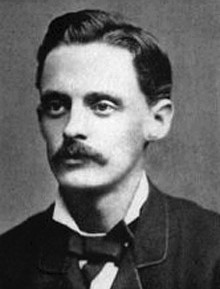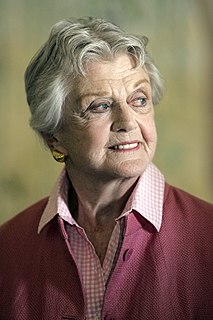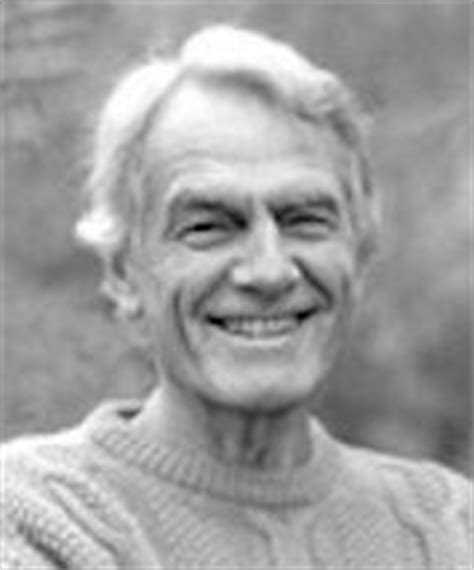A Quote by Dorothy L. Sayers
To start with invention is the mark of the fertile mind ... and leads later to the interpretation of experience; to start with the reproduction of experience is the infallible index of a barren invention.
Quote Topics
Related Quotes
Well, I'm not able to work anymore as an actor and still at the level I would want to ... you start to lose your memory, you start to lose your confidence, you start to lose your invention. So, that's pretty much a closed book for me. And I'm grateful for the other things that have come into my life: grandkids, and restaurants and charity ... I've been doing it for 50 years. That's enough.
The so-called ‘crank’ may be quite original in his ideas. … Invention, however, in the engineering sense involves originality; but not that alone, if the results are to be of value. There is imagination more or less fertile, but with it a knowledge of what has been done before, carried perhaps by the memory, together with a sense of the present or prospective needs in art or industry. Necessity is not always the mother of invention. It may be prevision.
...those experiments be not only esteemed which have an immediate and present use, but those principally which are of most universal consequence for invention of other experiments, and those which give more light to the invention of causes; for the invention of the mariner's needle, which giveth the direction, is of no less benefit for navigation than the invention of the sails, which give the motion.
There are many points in the history of an invention which the inventor himself is apt to overlook as trifling, but in which posterity never fail to take a deep interest. The progress of the human mind is never traced with such a lively interest as through the steps by which it perfects a great invention; and there is certainly no invention respecting which this minute information will be more eagerly sought after, than in the case of the steam-engine.
You learn a great deal that you can feed into your craft which gives you the experience that you actually need later on, when you start to get the really great roles. You've played that part to a certain degree in that picture, and you played that one in that, and so on. You add it all up, and you have that experience.
We have a duty towards music; namely to invent it. ...Invention presupposes imagination but should not be confused with it. For the act of invention implies the necessity of a lucky find and of achieving realization of this find. What we imagine does not necessarily take on concrete form and may remain in a state of virtuality; whereas invention is not conceivable apart from its actually being worked out.


































